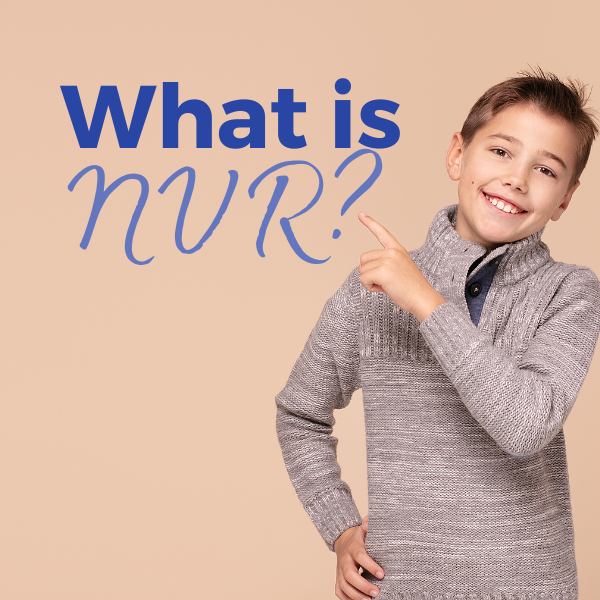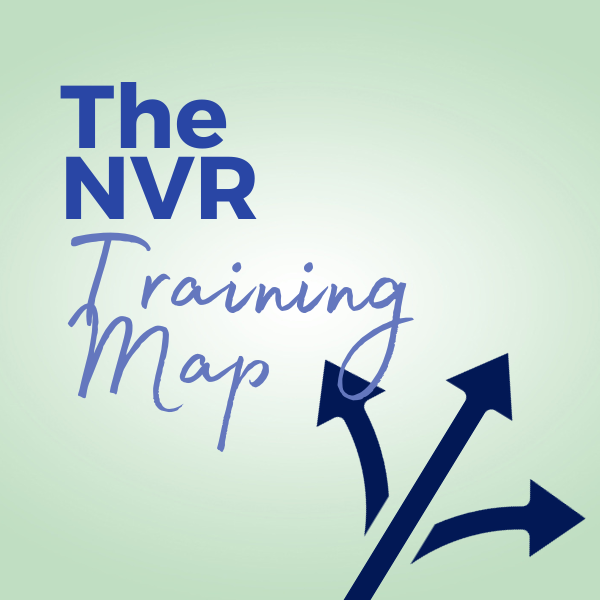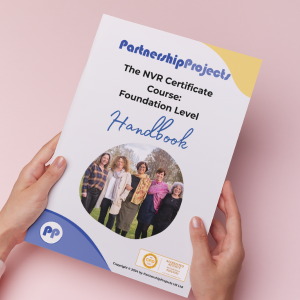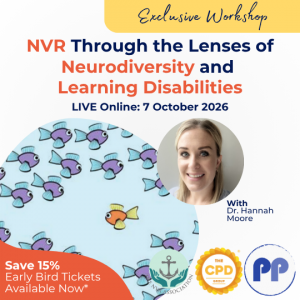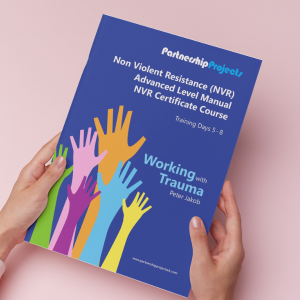My NVR (Non-Violent Resistance) journey began 6 years ago, when I started working in Children’s Social Care. I feel fortunate to be part of a wonderful multi-disciplinary clinical team, and from the start of my role, I was given the opportunity to complete the Foundation Level training in NVR. I felt connected to this approach from the start of the training, appreciating how closely aligned my personal and professional values were with the NVR approach. Going on to complete the Advanced Level training and more recently the Accreditation Module, my thoughts and passion for NVR have not shifted but have expanded and have been further inspired by the course trainers and people I’ve met along the way, who have shared their knowledge and experience in how they’ve interpretated and used NVR within their work settings and practice.
When I think about NVR, I imagine it to be a tree that grows and flourishes over many years.

The Roots
One of the main factors that has allowed me to fully embrace NVR in my thinking and my practice is that the principles of NVR are at the core roots of our team’s ethos and in the set-up and delivery of our offer within Children’s Social Care. At the heart of this are the relationships we have built within our team that are wise, caring, nurturing, compassionate and supportive. We hope to emulate these values with our colleagues and the teams we support, and which supports us to grow and hold presence within our team and with colleagues that we support. Being predominantly a consultation-based service, we believe that our impact for families is greater through supporting and upskilling the workforce with transferable skills as well and which values and strengthens the existing relationships that professionals and families already have; thereby growing and reinforcing the existing roots around the family system.
 The Trunk
The Trunk
Social Care settings are often fast-paced and reactive. Noticing these tendencies and the challenges and barriers these bring for families and workers, as a team, we are keen to resist these tendencies: by slowing things down, pausing and planning, and striking when the iron’s cold. This is demonstrated in our service delivery. Self-care, reflection and planning are embedded in our wider team meetings, discussions, consultations, supervisions, trainings and responses to professionals and the wider organisation. Having grown and strengthened our roots over the years, the trunk of our tree also grows and strengthens through employing NVR principles and methods in both our direct work and indirect work with families.

The Branches
From the trunk of a tree, branches sprout and grow in different ways and directions. This is where I see the art in NVR and opportunities to be creative through employing the principles and different methods in NVR explicitly, but more often than not, in implicit ways. For example, consultations are often valued spaces to pause, reflect and plan interventions. At the heart of the consultations, I always explore ways to strengthen relationships between professionals and parents, as this forms the basis of whether a parent will meaningfully and willingly engage with the support being offered. This then enables workers to think about how they can support parents to consider ways in which they can strengthen their relationships with their children to make the necessary changes to enable them to be the parents they want to be and to meet their children’s developmental needs. However, consultations can take on various forms and directions depending on what the worker and family may need, and this is where I often initially take the lead in navigating the direction of the consultation, raising my presence and offering guidance from a psychological perspective that they can then use and adapt within their social work. This translates into moments of teaching and sharing skills such as de-escalation, self-care and using the basket’s exercise to plan for active resistance when needed. We also promote professional supporters and will encourage other professionals from external services and agencies (e.g. schools and specialist mental health services) to be involved in consultations to ensure a consistent and coherent approach in supporting families.
In professional meetings, our branches aim to hold a central position of connection to the child’s/family’s needs, and at times, this may mean being the voice of resistance when we notice practice or language that is not supportive of the needs of children and their families. At times, we can be persistent, aiming to ensure that the conversations and plans are trauma-informed and can be sustained rather than being reactive to crises. Sometimes this comes in the form of an informal sit-with, where we encourage and invite the professional network to come up with alternative trauma-informed and developmentally appropriate ways of supporting families.
 Leaves, fruit, neither or both?
Leaves, fruit, neither or both?
Working indirectly with families through working with staff, I don’t always get to see what or how things develop and continue to shape, but I do know that I feel privileged to work within Children’s Social Care and come alongside staff and families in moments of stuckness or difficulty. I hope that our offer of support and guidance is experienced as compassionate, connected and supportive to our families, colleagues and teams. We also invite and learn from the feedback that we receive and adapt our offers of support, and the lovely positive and connected feedback of how we may have influenced or supported change within individuals and systems certainly nurture my commitment and passion to continue the work that I do.
I want to thank all the trainers at PartnershipProjects for the high-quality teaching and guidance I have received, which has enabled me to learn and use NVR in my work and to encourage others to continue on their NVR journey. I have really valued the accreditation module in giving me the opportunity to pause and reflect on the work that I do, to share this with others and receive feedback, and importantly to hear the inspiring stories and experiences of others which has given me new vitality and encouragement to continue to pursue creative and inventive ways of thinking about and using NVR in my work and practice.
Written by Emmanuella Vernon,
Clinical Psychologist
NVR Association (NVRA) Accredited Practitioner
Accreditation Module Participant, 2024


